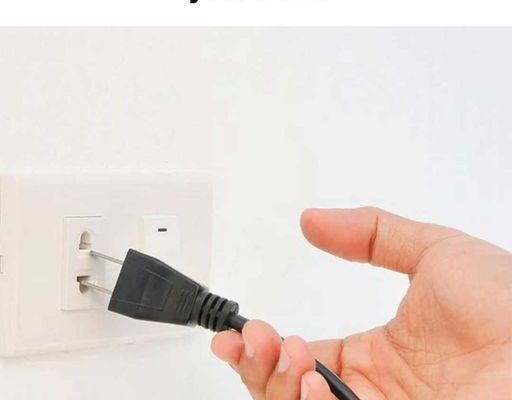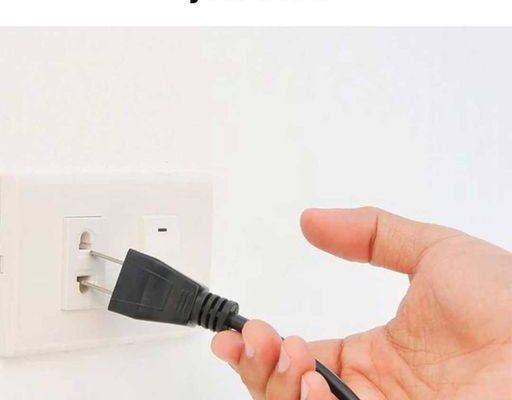pay attention : 11subtle hints you have an electrical issue in your home

Your home’s electrical system is crucial for your daily comfort and safety. However, electrical issues, if left unchecked, can lead to severe hazards, including fires and electrocution. Recognizing the subtle signs of electrical problems can prevent potential disasters and ensure your home remains a safe environment for you and your loved ones.
The Importance of Identifying Electrical Issues Early
Catching electrical problems early allows for timely intervention, which can save money on extensive repairs and protect your household from dangerous situations. Early identification can prevent minor issues from escalating into significant hazards, thereby enhancing the safety and longevity of your home’s electrical infrastructure.
Frequent Circuit Breaker Trips
If your circuit breaker trips often, it’s a clear indication that your electrical system is overloaded. Circuit breakers are designed to shut off power to prevent overheating and potential fires. Frequent tripping could mean that there’s an issue with your wiring or that your home’s electrical system needs an upgrade to handle the current load.
Unusual Odors and Burning Smells
Unusual odors or burning smells emanating from outlets, switches, or electrical panels are serious warnings of potentially dangerous electrical issues. These smells can indicate that wiring or other components are overheating, which can lead to fires. If you detect these odors, turn off the power and contact an electrician immediately.
Flickering or Dimming Lights
Lights that flicker or dim when appliances are turned on, or seemingly without reason, can be a sign of a poor wiring connection or an overloaded circuit. These issues not only cause inconvenience but can also be dangerous as they may lead to overheating and fires.
Discolored or Warm Outlets and Switches
Outlets and switches should never be warm to the touch. Discoloration or warmth can indicate that the wiring behind them is overheating, which is a serious fire hazard. Such signs require the immediate attention of a qualified electrician to assess and resolve the underlying problem.
Sparking Outlets
While a small spark when plugging in an appliance may seem harmless, frequent or large sparks are a significant concern. These can indicate loose wiring, moisture, or other issues within the outlet, and they pose both fire and electrocution risks.
Buzzing Sounds from Electrical Fixtures
Electrical fixtures that produce a buzzing or humming noise can indicate loose wiring or other electrical faults. These sounds suggest that something is not functioning correctly within your electrical system and can be a prelude to more significant problems if not addressed promptly.
Loose or Frayed Wiring
Loose or frayed wiring is often visible in older homes but can occur anywhere due to wear and tear. Exposed wires can easily lead to electrical shocks or fires. Regularly inspect your wiring, especially in areas prone to damage, like basements and attics.
Shocks When Touching Appliances
Experiencing even a mild electric shock when touching an appliance is a sign that something is wrong. It could be due to faulty wiring, grounding issues, or a malfunctioning appliance. Any shock should be taken seriously and investigated by a professional.
High Electricity Bills with No Apparent Cause
An unexplained surge in your electricity bill can indicate that there’s an electrical fault. Leaking current from faulty wiring or appliances working inefficiently can consume more power than usual. Identifying the culprit not only decreases your bill but also addresses potential safety risks.
Older Home with Outdated Wiring
Homes with older wiring systems, such as knob-and-tube or aluminum wiring, are more susceptible to electrical issues. These outdated systems may not meet current safety standards and are often inadequate for modern energy demands. An electrical inspection can determine if an upgrade is necessary to ensure safety and efficiency.
Conclusion and Safety Tips
Electrical problems can be subtle but recognizing the signs early can prevent severe hazards. Always prioritize safety—never ignore these warning signs, and consult with a professional electrician when needed. Regular electrical inspections, avoiding overloading circuits, and staying vigilant for changes in your home’s electrical behavior are key to maintaining a safe living environment.



